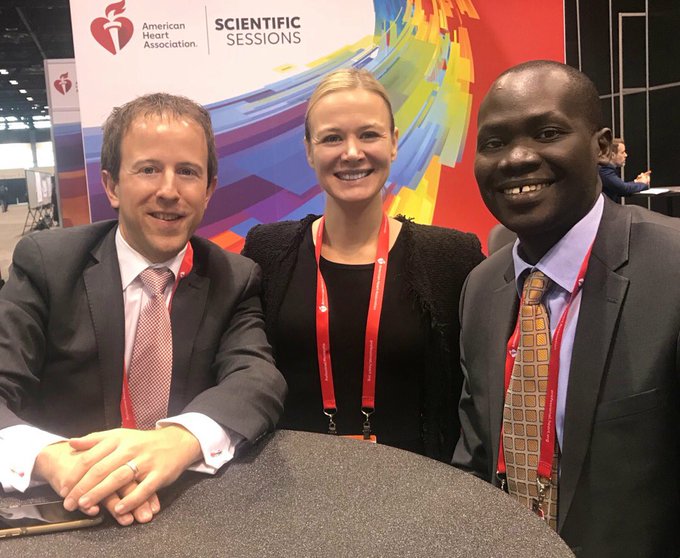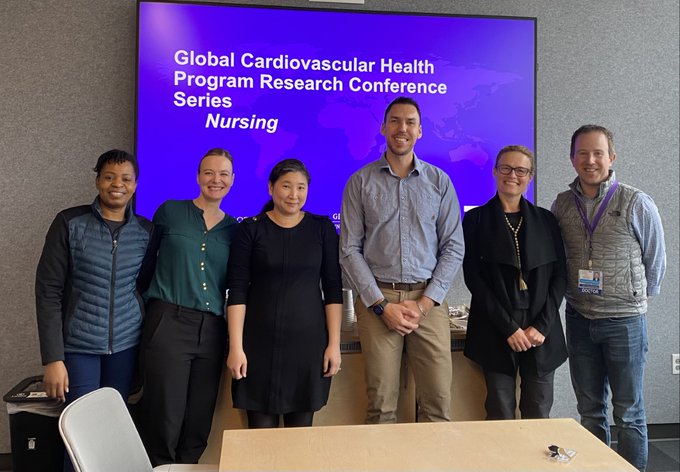
Allison Webel
Allison Webel, PhD ‘09, RN, FAAN, was an undergraduate nursing student when she traveled to Eswatini, Africa to care for people living with HIV. “I saw firsthand how science and policy could be tools of hope,” says Webel.
The experience proved transformational. She returned to the United States and enrolled in the UCSF School of Nursing, earning her master’s and doctoral degrees.
Today, Webel is the associate dean for Research at the University of Washington School of Nursing, an associate editor for the Journal of the Association of Nurses in AIDS Care and co-chair of the International HIV/AIDS Nursing Research Network – a network co-founded by two of Webel’s UCSF mentors, William Holzemer, PhD, RN, FAAN, professor emeritus, and Carmen Portillo, PhD, RN, FAAN, professor emerita. Webel has also been appointed as the interim executive dean of the University of Washington School of Nursing, a role that will begin August 1, 2023.
Webel has published over 140 manuscripts on HIV and aging, behavioral science and global health. Her work has been funded by the National Institute for Nursing Research, National Heart Lung and Blood Institute, American Heart Association, Gilead Sciences and the National Institute on Aging.
“At UCSF, I was surrounded by people that believe science is a powerful force for good. Their mentorship was unparalleled and prepared me to lead,” says Webel.
While a student, Webel engaged in research on HIV with communities in the San Francisco Bay Area and globally. “My School of Nursing mentors challenged me to ask, ‘why not?’, to think about how I could do my work differently, better, with more impact,” she says.
The approach stuck with her and is the perspective she brings to her roles of associate dean and researcher.
In her lab, Webel leads rigorous, clinical research projects to inform healthy aging and HIV care. One of the projects is the PROSPER-HIV study, the largest longitudinal study to date investigating how physical activity and diet intake impact the symptom experience of adults living with HIV.

“I’ve always been interested in interventions to not just extend life, but to improve the quality of life – particularly for highly marginalized communities,” Webel explains.
And what has Webel found to be the most important tool to improve quality of life? Exercise.

“Our research continues to demonstrate the importance of physical activity,” says Webel, who also conducts studies to identify effective ways to make exercise routine in people’s lives.
Among her projects is a nurse-led intervention to promote better cholesterol and improved hypertension, and a study exploring the impact of a high-intensity interval exercise training program for older adults with HIV. She continues her global work with two projects based in Uganda – one exploring physical activity and diet intake for people living with HIV, and another identifying preventions and treatments for rheumatic heart disease.
“[At UCSF] I received exceptional and high-level training in both qualitative and quantitative research,” says Webel. “It empowered me with expertise to pursue research that is diverse in both topic and methodology.”
PhD ’97, MPH, FAAN
MS '71, RN, FAAN
